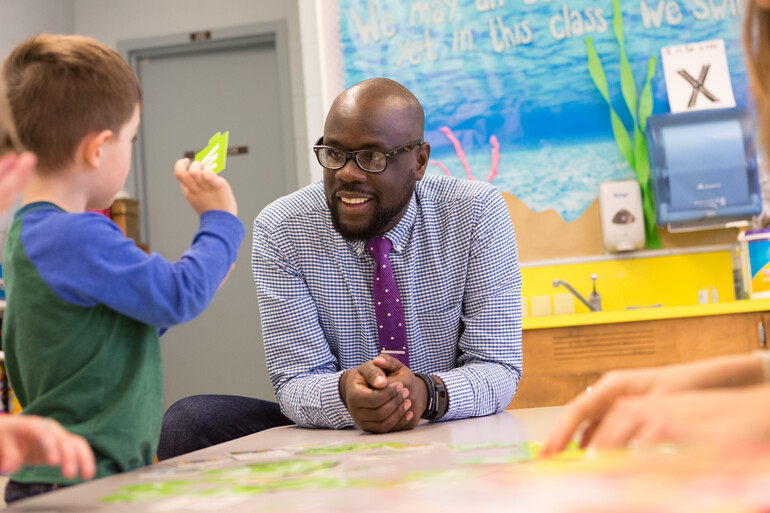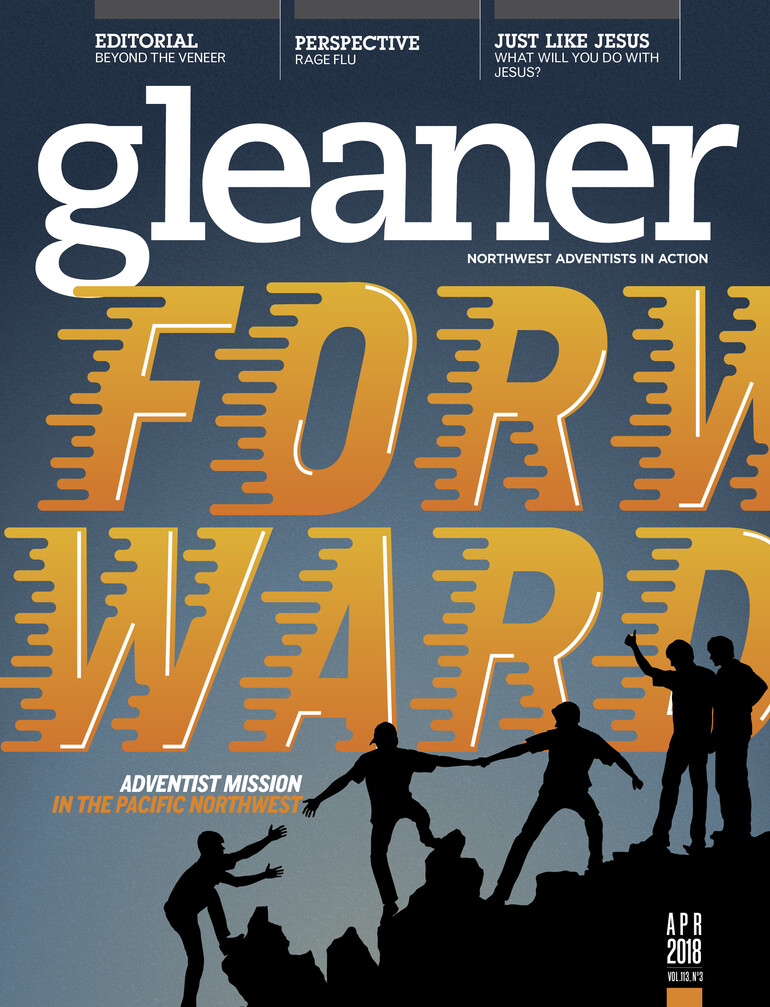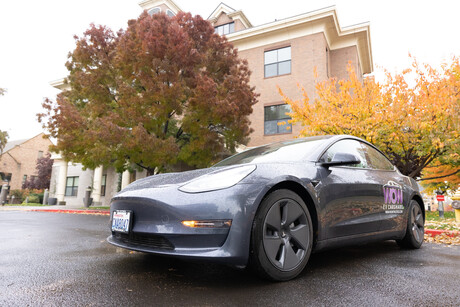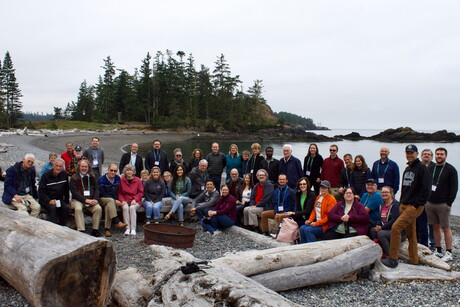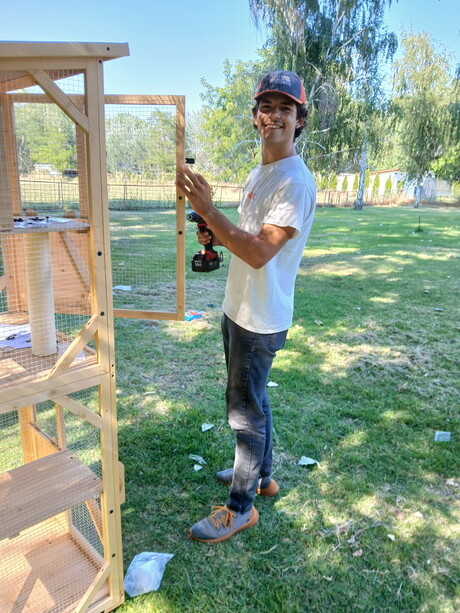The Walla Walla University (WWU) School of Education and Psychology is offering a new master’s program in special education and an undergraduate minor with an endorsement in special education.
Neria Sebastien, assistant professor of education, will lead the new program, which is restructured from the original WWU special education program that has not been offered since 2003. Sebastien brings with him a wealth of knowledge and experience in working with children with special needs. He has taught in New York, Hawaii and St. Lucia and has published numerous articles on inclusive teaching and leadership in education.
The new program will meet an increasing need for special education teachers on both state and national levels, as well as within the Seventh-day Adventist educational syste. The new program takes a generalist approach and prepare graduates to work with special needs children of all ages and in all subjects. In a specialist approach, Sebastien explains, student teachers learn to work with specific groups — typically defined by age, disability, subject matter and other factors — but can miss the rest of the picture. In a generalist approach, however, students learn all of the tools available for helping a broader range of individuals.
The master’s degree program will offer a Master of Arts in Teaching degree and a Master of Education degree. Both master’s degrees and the undergraduate minor prepare teachers to lead inclusive classrooms in which children with special needs are taught alongside their peers and enable teachers to lead dedicated special education classes. Students will collaborate with the WWU Center for Educational Equity and Diversity (CEED) to earn firsthand experience working with children with special needs in the community.
“The special education minor is designed to immerse students in meaningful theory and practice for working with exceptional students,” says Sebastien. “CEED will serve as an additional way the students can connect meaningfully with the community. We believe that community service experiences with academic learning increase personal and professional growth.” This presence in the community is essential, Sebastien says, because it keeps the education relevant and purposeful.
Initial responses to the minor have been very positive and the program has gathered a dedicated cohort — a number of whom are returned student missionaries. Sebastien says these students are especially excited for the new minor because they have seen firsthand the need for special education skills during their mission experiences.
Mindy Robinson, sophomore elementary education major, is one of those students. As a kindergarten through second-grade teacher at Kabula Hill School in Malawi, Robinson encountered students with disabilities and showed great resourcefulness in adapting her curriculum to meet her students' needs. This experience was transformative, and Robinson recalls, “Seeing them grow and learn and being part of their story gave me a sense of purpose I wanted to keep pursuing in my life.”
Upon returning to WWU, Robinson, was surprised to learn that the “teaching strategies she used with her students in Malawi are researched practices in special education,” says Sebastien.
Robinson is now pursuing the special education minor and says, “My experience as a student missionary brought me to teaching and special education.”
For more information about the special education program at WWU, visit the School of Education and Psychology online at www.wallawalla.edu or call 509-527-2211.
Charles Riseley, WWU university relations student writer




